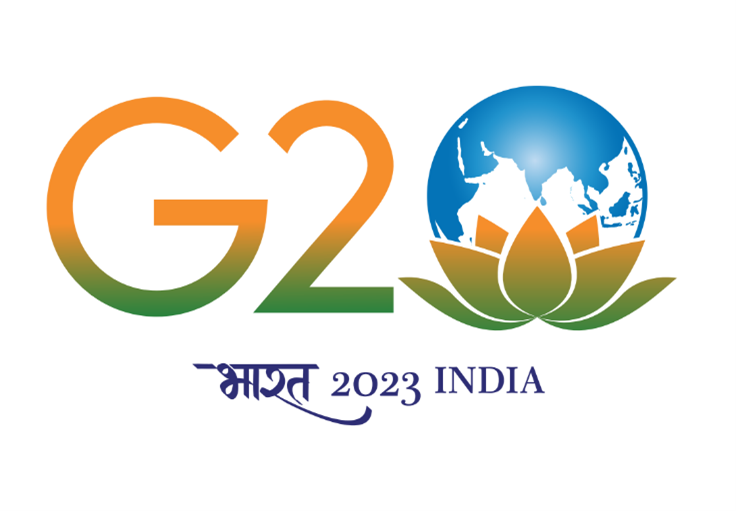BOFIT Weekly Review 38/2023
New Delhi summit winds up India’s G20 presidency
Hosted in the capital city of New Delhi, Indian prime minister Narendra Modi welcomed a large contingent of world leaders to the G20 summit on September 9–10. Notably absent were Russian president Vladimir Putin (who is subject to an international arrest warrant issued by the International Criminal Court in the Hague) and Chinese president Xi Jinping (who likely scrubbed his visit due to ongoing differences with India about border disputes and other matters).
Initial appraisals of the summit chalked it up as a win for India, which displayed skill in building consensus in a difficult geopolitical environment. India succeeded in getting a watered-down final declaration on the Ukraine war that called for respecting territorial sovereignty and a condemning threats of using nuclear weapons, but absent any references to Russia’s latest actions. India also proposed inviting the African Union to join the G20 as a permanent member.
The G20 declaration stressed the importance of “strong, sustainable, balanced and inclusive growth.” It called for picking up the pace in meeting the UN’s Sustainable Development Goals (SDGs) and committing to targets set under the Paris Climate Agreement in order to mitigate global warming. Achieving these goals will require strengthening of the core institutions of the global economy and supporting digital development. The declaration also emphasised solving issues related to international taxation, gender equality and empowering women and girls, financial stability and countering terrorism and money laundering.
On the sidelines of the summit, the leaders of the US, India, Saudi Arabia and the EU announced a trade corridor initiative to connect India, the Middle East and Europe. The India-Middle East-EU Corridor (IMEC) creates a maritime connection running from India’s west coast through the ports of Oman and UAE in the Middle East, by rail to Israeli ports and then on to the EU. The initiative includes construction of high-speed data connections. The parties also announced the creation of a Trans-African Corridor to connect resource-rich landlocked countries of Zambia and the Central African Republic by rail to Angolan ports.
Logo for India’s G20 presidency
Source: G20 India.